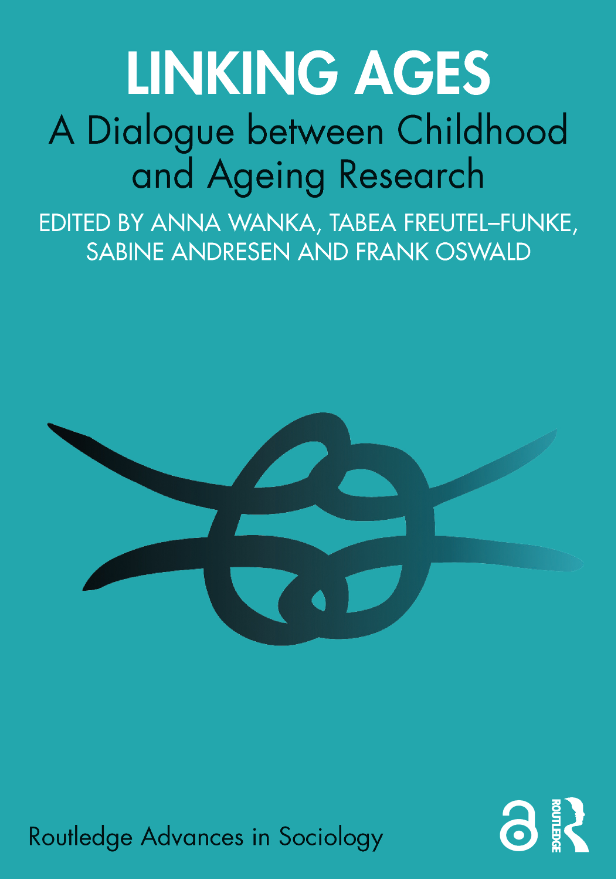 New article describes the innovative co-created approach adopted by Portugal’s most innovative age-friendly initiative: The Cascais Protocol
New article describes the innovative co-created approach adopted by Portugal’s most innovative age-friendly initiative: The Cascais Protocol


 New article describes the innovative co-created approach adopted by Portugal’s most innovative age-friendly initiative: The Cascais Protocol
New article describes the innovative co-created approach adopted by Portugal’s most innovative age-friendly initiative: The Cascais Protocol


Demographic data such as age, gender, and income, is perhaps the single most important source of information for city planners. As ageing in urban settlement emerges as a global demographic trend, a better understanding of the importance and limitations of demographics should be placed at the top of researchers’ list of priorities.
City planners are demographic data-dependent. That is, they rely on the composition of the neighborhoods and regions to make their decisions. To illustrate the importance of basic population information as the core facet of any city’s decisions, we can simply remember that most of a city’s standards are expressed in terms of population: The number of students per classroom, the number of trash bins by resident, and so forth.
A heritage of Roman culture developed by Portuguese during the nineteenth century, the Portuguese pavement is a good example of the potential dilemmas that can arise from age-friendly initiatives. That ancient city technology is not only a smart and eco-friendly solution but also an infinite source of inspiration for artists.
However, when it comes to pedestrian safety, in particular the safety of frail citizens, the Portuguese pavement might not be the most adequate technology available. In fact, it might represent a significant increased risk.
The United Nations Department of Economic and Social Affairs recently published an interesting infochart about the World Population Ageing, reflecting the latest estimates and projections from the 2015 Revision of World Population Prospects.
“Virtually every country in the world will experience growth in the number and share of older persons in the population over the next 15 years || Between 2015 and 2030, the number of older persons — those aged 60 years or over — in the world is projected to grow by 56 per cent, from 901 million to more than 1.4 billion”
You can download the main demographic indicators for Norway here.
Have you ever seen a penguin slip?
Asok is an Indian intern in the famous comic strip Dilbert. He is brilliant and one of the most efficient workers at the office. Despite of his excellent performance, he is never hired as an employee and is often denied the use of company resources.
In these two Dilbert strips from 2006 and 2010, Asoks interaction with older workers can give us an interesting glimpse of the challenges faced by the technology industry.

Is there a real conflict between generations?
Does inter-generational teams affect the work environment?
Is experience still relevant?
Etc…

If I had had only the opportunity to attend the opening keynote presentations at the eighth IAGG-ER Congress, the visit to Dublin would already have been worth it.
Prof. Jan Baars, Desmond O’Neill and Rose Anne Kenny gave brilliant and inspiring lectures. You can listen to the first presentation at the end of this post (click continue reading).